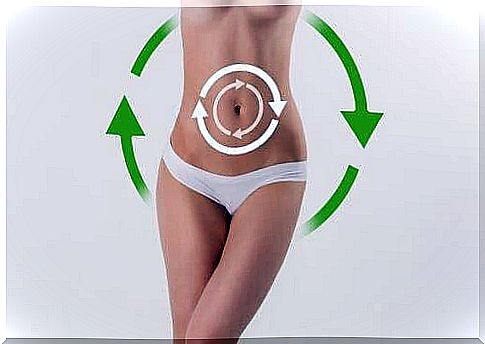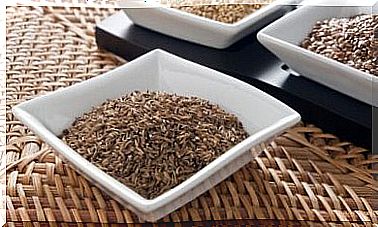What Is Metabolism And Is Yours Fast Or Slow?

The type of metabolism or metabolism you have will determine how you should eat to be healthy and maintain a healthy weight. However, do you know what metabolism actually means?
Your metabolism is a function of your body that is responsible for converting nutrients into energy. Sometimes certain factors can make it faster or slower than normal, with an imbalance leading to symptoms ranging from mild to severe.
In this article, we will address the question, “What is metabolism?” In addition, we discuss the consequences if it does not work as it should. We will also talk about what the best diet is for you.
What is Metabolism?
Your metabolism consists of certain physical and chemical processes that take place in your cells. These changes convert nutrients in food into energy. The energy produced by your metabolism is used for vital functions, such as:
- breathing
- digestion
- circulation
- maintaining body temperature
- elimination of waste through the kidneys and intestines
Your metabolism also affects energy expenditure and calorie burn. Therefore, if you fail to lose weight despite following strict diets, you have to take your metabolism into account.
That is also why it is fundamental to follow a good diet and regulate your metabolism in a natural way.
The Symptoms of a Slow Metabolism

Individuals with slow metabolisms suffer from the following symptoms:
- Difficulty losing weight or frequent weight changes. Fat accumulates in the hips and legs.
- Fatigue and exhaustion.
- Slow or difficult digestion.
- More frequent constipation.
- Difficulty getting up in the morning.
- In some cases risk of depression.
Symptoms of a Fast Metabolism
On the other hand, individuals with a fast metabolism may experience the following symptoms:
- Difficulty arriving. Fat accumulates in the arms and abdomen.
- Constant hunger.
- Poor absorption of nutrients in the gut.
- Excess energy.
- A tendency to nervousness and anxiety.
- Difficulty falling asleep.
Metabolism and your diet

There is a nutritional theory that says there is a relationship between the type of metabolism a person has and their dietary preferences. From this perspective, you need to learn which type of food is best for you if you want to be healthy and avoid gaining weight.
A diet for people with a fast metabolism
People with a fast metabolism have a good appetite and usually prefer foods rich in fat and protein. They almost always choose salty or savory products and dishes instead of sweet ones.
If this description fits you, reduce your consumption of carbohydrates, especially sweets and refined (white) flour, to maintain a healthy weight.
However, it is also very important not to overdo your consumption of animal proteins. Try combining these with vegetable proteins, such as legumes or nuts. Fats are not harmful, as long as you choose high-quality fats:
- Cold pressed virgin oils (olive, coconut, sesame seed, linseed)
- Avocados
- nuts
- Seeds
- Ghee (clarified butter)
- Fatty fish
Remember to combine protein and fat with a good amount of raw vegetables. Consume them in juices, smoothies or salads. If you have a big appetite, eat several meals a day. Never skip meals.
A diet for people with a slow metabolism

People with slow metabolisms tend to feel exhausted and gain weight despite not eating much.
- They usually opt for sweets, which are generally not a healthy temptation. Our advice is to consume complex carbohydrates such as in whole grains. For example, oats are an excellent ingredient for satiating, delicious desserts.
- Reduce your consumption of sodium, which usually causes bloating and fluid retention.
- If you have a slow metabolism, you probably look for energy in stimulants such as coffee or soda. Alternatively, we suggest preparing your own energy drinks with fruits, ginger, maca, pure cocoa, ginseng, etc.
- Limit your consumption of fats. Eat them in moderate amounts and choose the same amounts we recommend for people with a fast metabolism.
- Drinking water throughout the day outside of meals will also help you feel full.









